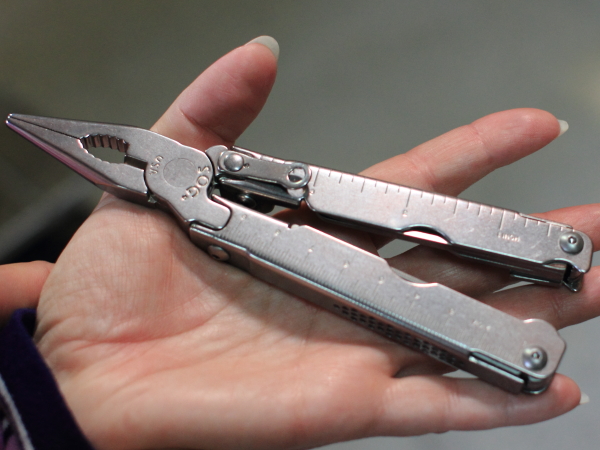Bolts are integral fasteners used in a wide range of applications, from construction to mechanical engineering. This article provides an overview of bolt types, their uses, and their importance in projects such as geogrid installation.

How do bolts compare to screws?
Bolts are threaded fasteners used with nuts, while screws are typically used on their own and self-tap into materials. Bolts require a nut to complete the fastening process.
What are the main types of bolts and their applications?
Hex bolts are versatile for heavy-duty tasks, carriage bolts are designed for wood connections, and machine bolts are used in machinery. Each type serves a specific role depending on the application.
How do you select the right bolt for your project?
Consider factors like material strength, environmental conditions, and load requirements. For geogrid installation, corrosion-resistant bolts are preferred for durability and effectiveness.
What are the best practices for installing bolts?
Ensure bolts are the correct size and tightened to the specified torque. Proper installation is crucial in geogrid projects to maintain grid stability and soil reinforcement.
Bolts are essential for a variety of applications, including construction and engineering. Understanding different types and installation practices is vital, particularly for specialized tasks like geogrid installation, where proper bolt selection and use are crucial for success.